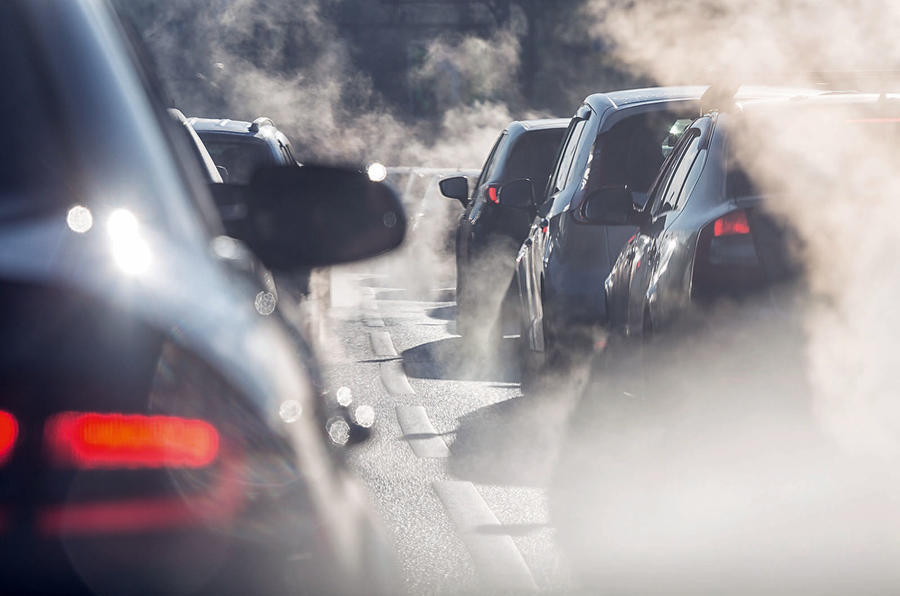The Government has confirmed that hybrid cars and vans will be excluded from its 2040 ban on petrol and diesel new car sales.
As revealed by Autocar in May, the Government’s new Road to Zero Strategy will allow electrified models to be sold, so long as they are classed as ultra-low-emissions vehicles (ULEV).
At present, these are cars that emit on average less than 75g/km of CO2, of which the vast majority are plug-in hybrids capable of electric-only running. The Government intends for at least 50% (it targets 70%) of new car sales to be of ULEVs by 2030.
Analysis: is the UK ready for an electrified future?
Society of Motor Traders and Manufacturers boss, Mike Hawes, said that the allowing combustion engine-based powertrains to remain in production after 2040 was essential for the industry's transition to zero-emission transport. He said “The Road to Zero Strategy recognises the huge progress already made and the vital role conventional engines, including diesel, will continue to play in the transition to 2040 and beyond. The latest advanced diesels meet the world’s toughest emissions standards, helping to reduce climate change and improve air quality – while also providing affordable mobility to millions of motorists, particularly those that travel longer distances and deliver our essential goods and services".
The 2040 ban was announced last year and came as part of the Government’s air quality plan, which aims to reduce emissions produced in several sectors, including private transport. The Road to Zero Strategy supports this and is focused on road transport.
Aside from lowering harmful emissions and improving air quality, the Government predicts that investment into more sustainable car technology will provide the UK with an opportunity to become a global leader of an industry that it predicts in its Industrial Strategy will be worth up to £7.6 trillion per year by 2050.
The Government has been particularly cautious in its ban on pure combustion and petrol vehicle sales by not supporting one low-emission technology over another. It said in a statement: “The Road to Zero Strategy is technology-neutral and does not speculate on which technologies might help to deliver the Government’s 2040 mission”.
This comes a month after Richard Harrington, under-secretary for business, energy and industrial strategy, stated that it’s not possible to predict which technology will be best placed to provide sustainable transport energy in the next couple of decades.





Join the debate
Add your comment
What about all manufacturers cheating on emissions?
According to Mike Hawes: "The latest advanced diesels meet the world’s toughest emissions standards, helping to reduce climate change and improve air quality".
Now that almost all car manufacturers were found to be cheating on emissions - not just VW - his argument has no value at all...
Completely ridiculous
This policy would guarantee the UK lags behind most industrial nations. Hybrids are NOT the solution - you’re just carrying around the weight of batteries and cannot possibly, by the laws of physics, be more economical at constant speed. Under braking, using energy recuperation, there is a small gain, wiped out under acceleration by the effect of the increased mass.
The world is going all-electric, like it or not, and the UK needs to set a realistic, achievable target, say 2025 and ban the sale of any vehicle with a combustion engine.
Watch the charging infrastructure multiply to meet demand when that happens - what a business opportunity!
Otherwise the UK will become the dumping ground for manufacturers with obsolete engine capacity.
Robbo
Completely ridiculous
This policy would guarantee the UK lags behind most industrial nations. Hybrids are NOT the solution - you’re just carrying around the weight of batteries and cannot possibly, by the laws of physics, be more economical at constant speed. Under braking, using energy recuperation, there is a small gain, wiped out under acceleration by the effect of the increased mass.
The world is going all-electric, like it or not, and the UK needs to set a realistic, achievable target, say 2025 and ban the sale of any vehicle with a combustion engine.
Watch the charging infrastructure multiply to meet demand when that happens - what a business opportunity!
Otherwise the UK will become the dumping ground for manufacturers with obsolete engine capacity.
Robbo